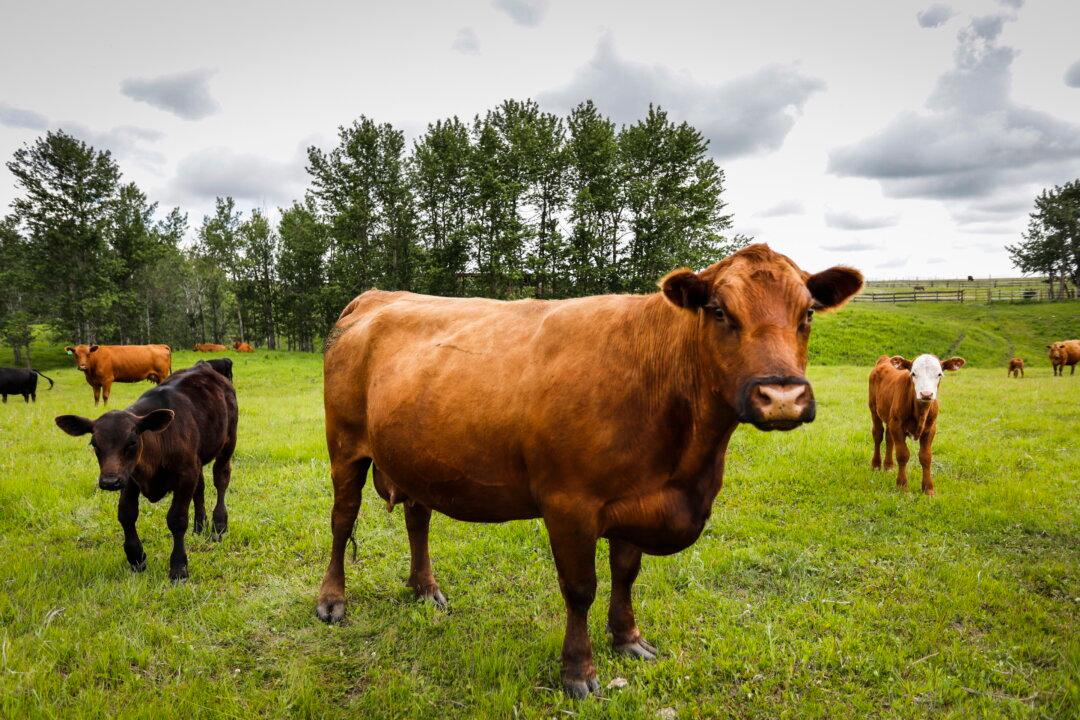CALGARY—A cattle industry group says it is hopeful a newly imposed import ban on Canadian beef by China and two other Asian countries will be temporary.
The Canadian Cattlemen’s Association confirmed Tuesday that China—which imports approximately $170 million of Canadian beef annually, making it the industry’s third-largest global market—has halted imports of beef from Canada following the discovery of an atypical case of BSE, or mad cow disease, on an Alberta farm last month.





